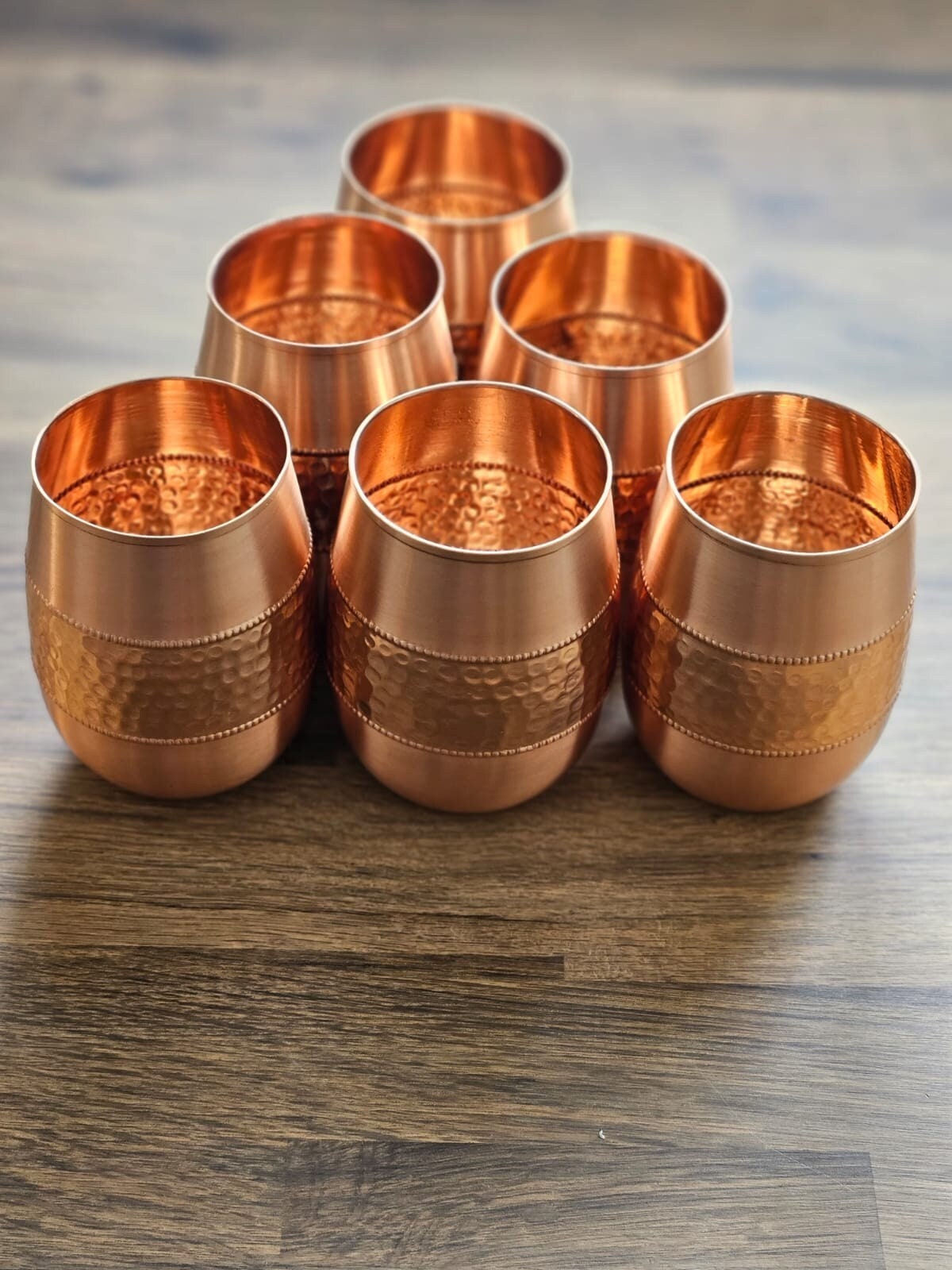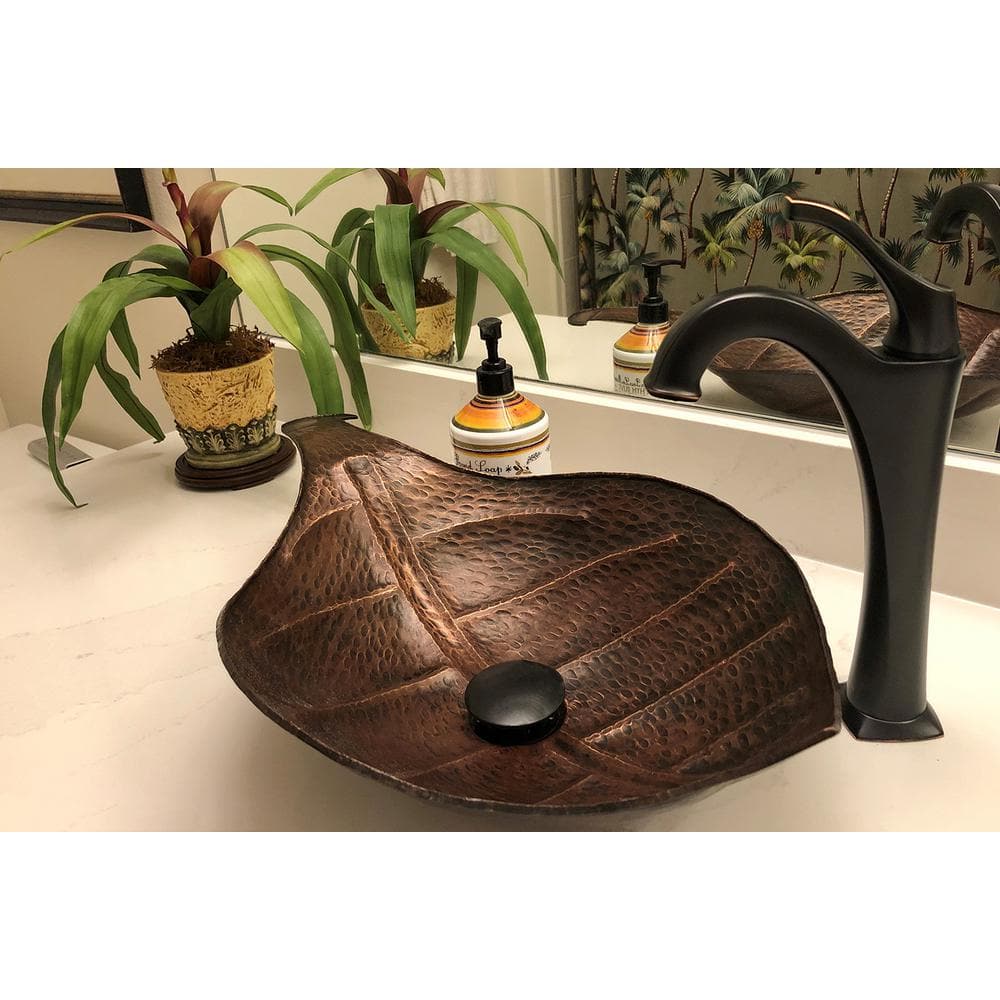The Ultimate Guide to Sustainable Dealing With Eco-Friendly Copper Products
The Ultimate Guide to Sustainable Dealing With Eco-Friendly Copper Products
Blog Article
Exploring the Diverse Applications of Copper Products in Modern Industries
From improving the effectiveness of electric systems to playing a vital duty in renewable power modern technologies, the adaptability of copper is evident. As markets progressively focus on technology and sustainability, the varied applications of copper warrant a closer evaluation, particularly regarding their prospective impact on future technological improvements and environmental practices.
Electric Applications of Copper
Copper is a vital material in the electric industry, making up roughly 60% of the complete need for non-ferrous metals worldwide - Copper Products. Its remarkable electrical conductivity, which is almost two times that of light weight aluminum, makes it the preferred selection for a vast array of electric applications. From wiring systems in commercial and household structures to high-voltage power transmission lines, copper makes sure efficiency and integrity in electricity shipment
In addition to electrical wiring, copper is essential to the manufacturing of electrical elements such as transformers, generators, and motors. These elements take advantage of copper's thermal conductivity and pliability, vital for warmth dissipation and effective efficiency. Moreover, copper's resistance to rust boosts the life expectancy and durability of electric systems, making it an economical remedy in the long term.
The growth of sustainable power sources, such as solar and wind power, has additionally raised the need for copper in electrical applications. As markets transition in the direction of lasting power options, copper's role comes to be also extra important. In general, the flexibility and efficiency attributes of copper solidify its standing as a foundation product within the electric market, driving innovation and effectiveness throughout different applications.
Plumbing and Piping Solutions
In modern pipes systems, the choice of materials considerably affects both capability and durability. Copper has actually become a favored option due to its distinct residential or commercial properties, consisting of rust resistance and antimicrobial attributes. These characteristics guarantee that copper piping stays secure and resilient for transferring potable water, a vital factor to consider in household and commercial applications.
Among the crucial benefits of copper in pipes is its capacity to hold up against heats and stress, making it appropriate for a selection of applications, from hot water systems to heating and cooling networks. Furthermore, copper's flexibility enables for simpler installation in complicated piping designs, lowering the danger of failings and leakages.
Another noteworthy advantage is copper's lengthy life-span, frequently surpassing half a century with appropriate maintenance. This long life not only minimizes substitute prices yet also adds to sustainable techniques by minimizing waste. In addition, copper's recyclability lines up with contemporary environmental standards, promoting a circular economy within the pipes industry.
Copper in Renewable Power
The flexibility of copper expands past plumbing applications, playing a crucial role in the renewable power market. Its outstanding electrical and thermal conductivity makes it a necessary material in the manufacturing and distribution of renewable resource resources, especially solar and wind power. In solar panels, copper is made use of in photovoltaic cells and electrical wiring, promoting reliable energy conversion and transmission. Its resistance to corrosion guarantees long-lasting performance, which is important for maximizing power output in time.

Moreover, as the global need for electrical lorries (EVs) rises, copper's duty in battery systems and billing framework comes to be much more considerable. The product's ability to conduct electrical power efficiently is integral to the performance of EV batteries, boosting array and billing speed.
Copper's Duty in Electronics
Electronic devices making depends greatly on copper's extraordinary properties, specifically its high electric conductivity and thermal performance. These features make copper an ideal option for a large range of digital elements, consisting of ports, motherboard, and circuitry. The steel's capability to effectively transmit electric signals makes sure very little power loss, which is vital in high-performance electronic over at this website gadgets.
Moreover, copper's thermal conductivity plays a substantial duty in heat dissipation, shielding delicate components from overheating. This is specifically crucial in modern electronic devices, where portable styles bring about enhanced warmth generation. Copper is likewise preferred for its malleability and ductility, enabling it to be easily shaped right into complex styles that fulfill the needs of advanced digital applications.
With the rise of consumer electronics, telecommunications, and electrical lorries, the need for copper in the electronic devices visit site industry proceeds to expand. Therefore, copper stays a cornerstone product in the ever-expanding field of electronics.
Ingenious Utilizes in Production

One remarkable application remains in additive production, where copper-based products are utilized in 3D printing procedures. This enables the creation of light-weight elements and complex geometries, especially in the aerospace and auto industries. Furthermore, copper's thermal conductivity makes it an optimal option for warm exchangers, improving effectiveness in commercial cooling systems.
Furthermore, the increase of clever production has seen the unification of copper in IoT gadgets, where its conductive capabilities sustain advanced sensing innovations. In the realm of renewable energy, copper is pivotal in the production of solar panels and wind generators, assisting in more reliable power conversion and distribution.
As industries aim for sustainability and technology, copper's versatility and performance remain to position it as a crucial product, driving developments in production and adding to the development of smarter, more effective items.
Verdict
In summary, copper products demonstrate amazing flexibility throughout numerous contemporary industries. Copper Products. Their superior conductivity enhances electric applications, while corrosion resistance guarantees dependability in pipes. The essential role of copper in eco-friendly energy and its essential feature find out here in electronics highlight its significance in advancing lasting practices. Additionally, cutting-edge uses in producing emphasize copper's adaptability and sustaining value. Collectively, these applications show copper's essential contribution to technological progression and industrial performance in contemporary society.
From improving the performance of electrical systems to playing a critical function in eco-friendly energy technologies, the adaptability of copper is evident. As industries increasingly focus on innovation and sustainability, the varied applications of copper necessitate a closer examination, especially concerning their potential impact on future technological developments and environmental methods.
The development of eco-friendly power resources, such as solar and wind power, has further increased the demand for copper in electric applications. In general, the flexibility and performance characteristics of copper solidify its status as a foundation product within the electric field, driving innovation and efficiency throughout different applications.
The convenience of copper extends past pipes applications, playing an important function in the eco-friendly energy market.
Report this page